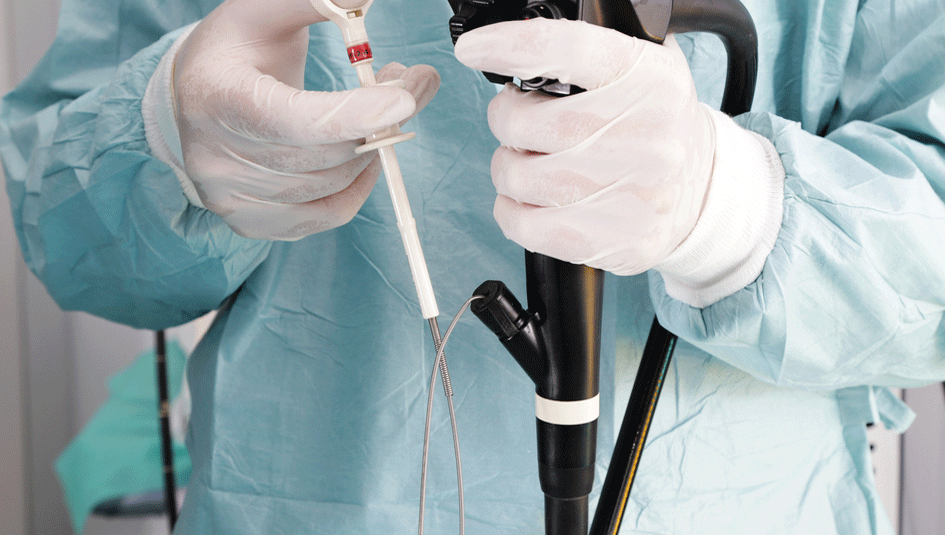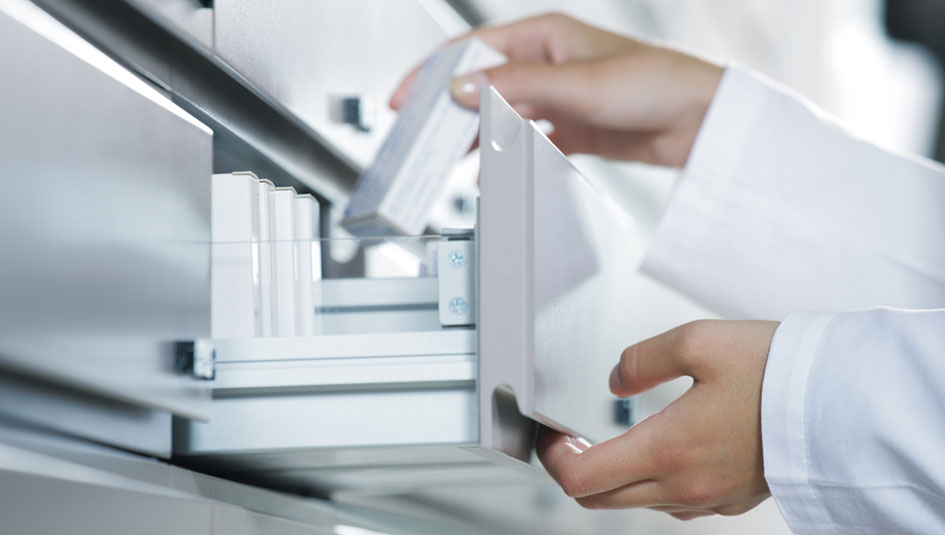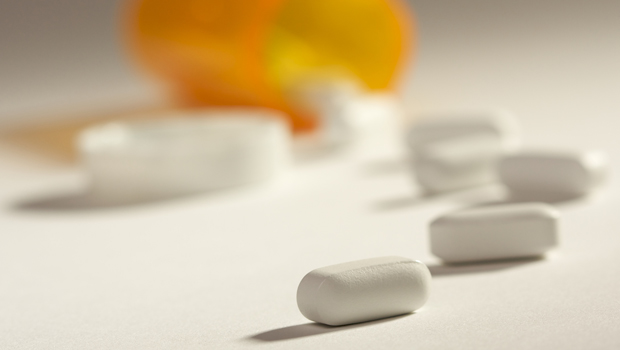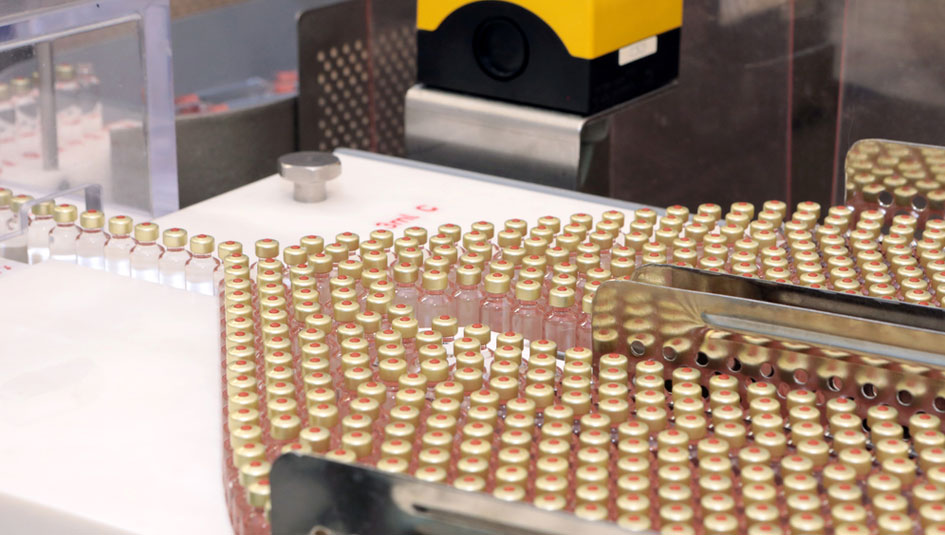How to Have a Colonoscopy While Taking Insulin

Certified diabetes educator Becky Wells recently retired from working with a diabetes self-management education program at Hendrick Medical Center in Abilene, Texas. She has shared her “Ask the Diabetes Educator” advice columns from that program with Insulin Nation.
Question: I have a colonoscopy scheduled, and I am being asked to not eat food, and only drink clear liquids during the prep work I need to do the day before the test. What should I do about my insulin dosing?
Answer: The physician ordering the colonoscopy should know your diabetes status and be in contact with those on your diabetes team to help coordinate your care. Be sure to discuss with this doctor and any other doctor needed an action plan for this procedure. Here are some good general guidelines to consider discussing:
If you’re using long-acting insulin, you likely will continue to dose normally because you need this part of your insulin each and every day just to cover usual body functions. If you’re using short-acting insulin, you may need to ask your physician for guidance, since there are many ways that patients adjust their insulin depending on their unique blood sugar needs. You will need to continue to check your blood sugar as your physician has asked, plus you may need to do a few extra checks, because this prep day will be a challenge for your numbers.
Your body also needs carbohydrates for energy and to keep the liver from dumping extra sugar into your bloodstream. Instead of getting your carbs from their usual sources, consider substituting non-diet liquids to equal the amount of carbs you might ingest during your usual mealtime (be sure to check the labels for total carbohydrates, then check for the serving size, of the drinks – and prepare to be surprised because those serving sizes often don’t make sense). Between mealtimes, go back to drinking water and diet drinks, as you will need lots of liquids to offset the loss of fluids from your bowels during the prep.
The morning of the procedure, you’re usually told to go without liquids. Make sure you have had your long-acting insulin the evening before or that morning, depending on your usual schedule. Do not take your short-acting insulin, unless instructed to by the doctor.
When in doubt, check your blood sugar, as this will be anything but an ordinary 24 hours, and ask questions of your health care team!
Do you have an idea you would like to write about for Insulin Nation? Send your pitch to submissions@insulinnation.com.







